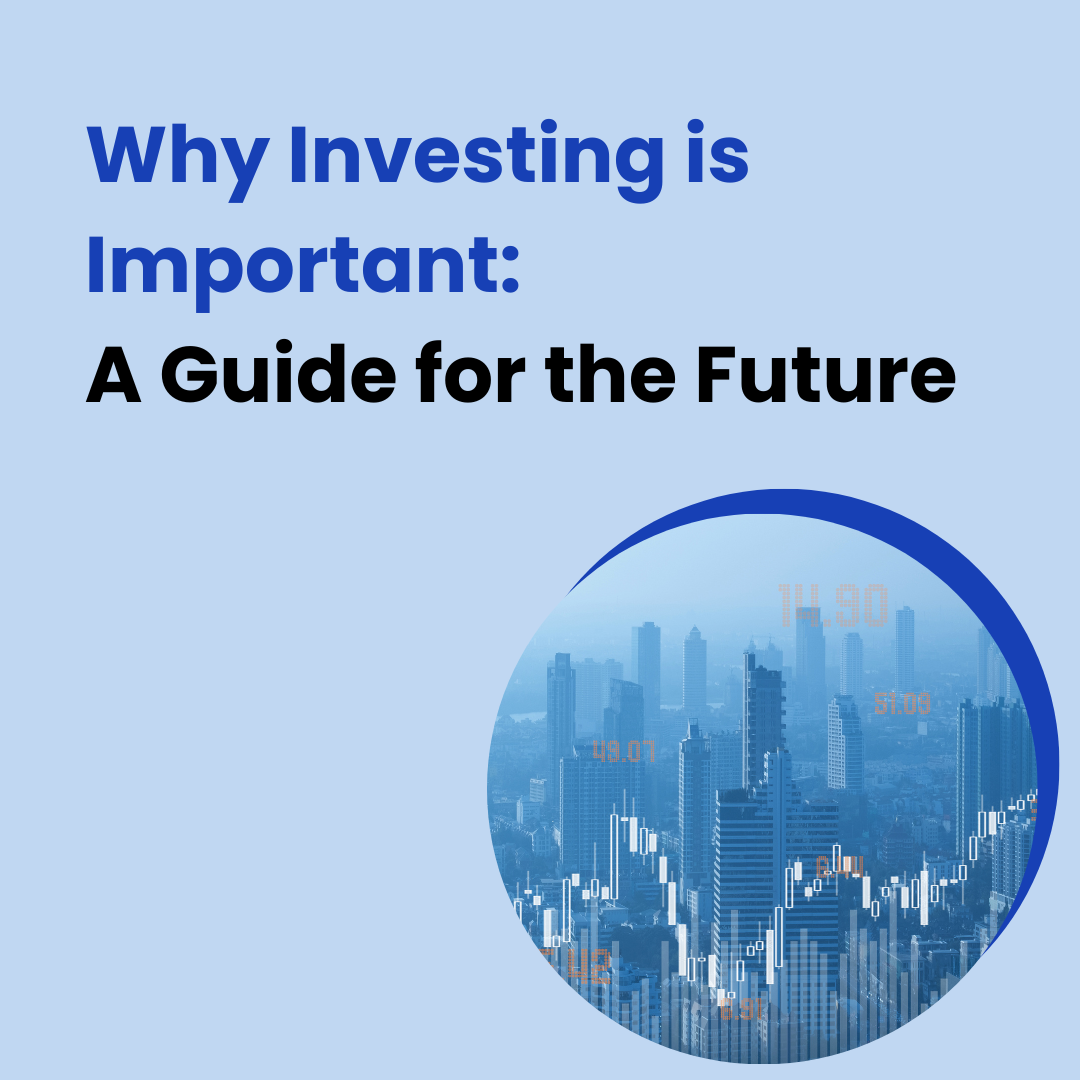Staying the Course through Volatile Markets
Uncertain times can bring turbulent stock markets, but it's important to stay calm and stay the course.
Turbulent times can bring turbulent markets. Many factors cause chaotic swings in the investing world including housing bubbles, political elections, international instability and as we have seen recently, a global health pandemic.
Despite the financial queasiness this can bring, experts consistently have one piece of advice for investors: stay calm and stay the course. Maintaining a long-term investment strategy can help weather the storm of a volatile stock market, whereas reacting irrationally or panicking is the last thing investors should do.
History Tends to Repeat
There are a few ways to keep nerves at bay amidst a sea of daunting headlines.
First, a historical review shows that market fluctuations are normal. This should serve as a comforting reminder during unstable conditions. According to Fidelity, “...while market downturns may be unsettling, history shows stocks have recovered and delivered long-term gains.”[1]
From 1992 to 2021 (a period that includes major drops due to the tech bubble burst, the 2008 market crash, the Great Recession and the pandemic), the average growth rate of the S&P 500 (which tracks the stock performance of 500 large companies on U.S. stock exchanges) was 10.7% (including dividends).[2]
While no one can predict the stock market with absolute certainty, the significant crashes of the last century all saw periods of recovery. For example, after the 2008 market crash, the recovery began almost immediately and achieved an eventual increase of 178% in 5-year returns.[3]
These past events reinforce the importance of focusing on long-term financial strategies and goals, not short-term fluctuations. The markets will have bull and bear runs which need time to play out without trying to anticipate short-term trends.
Past performance is no guarantee of future results.
Don’t Try to Catch a Falling Knife
Another potential mistake that investors can make is to stop saving during a market downturn. On the heels of the 2008 crash, one study found that more than a quarter of respondents either stopped saving for retirement or stopped adding to their 401(k).[4]
However, had they stayed put, their returns would have likely had substantial gains.
The average 401(k) retirement plan balance rose by nearly $23,000 between 2019 and 2020.[5] While past results are no guarantee of future results, it’s important to point out in this example that when participants stay the course, it can really pay off.
A popular way to continue savings momentum when nerves are being tested is dollar-cost averaging, or in other words, investing a fixed amount on a regular schedule (e.g., per pay period) that generally results in buying more shares when prices are low and less shares when they are high.
Dollar-cost averaging is a stabilizing approach. It can take away some of the fear of timing risk and become less of a system shock than lump sum investing. However, this strategy does not ensure a profit and does not protect against loss in declining markets.
You Need Lemons to Make Lemonade
Downturns are a perfect time to consult with a financial professional to review different strategies and also rebalance your portfolio. It might be time to look at investments that have lost value, which can potentially help manage risk exposure and provide an opportunity to reposition the portfolio for recovery.
Another possibility is to consider a Roth conversion. If your plan allows for a Roth conversion -moving money from a 401(k) to a Roth 401(k) account - then a downturn could help. A conversion in a downturn might result in a lower tax bill for the same number of shares sold, and then the participant can experience the benefits of a Roth account, allowing qualified distributions of future growth to be tax free.[6]
Market downturns are a part of any investing lifecycle so it’s best to keep a steady hand, consult with your advisor and consider all options so you can weather through this market cycle - and the next one.
Information provided herein is not, and should not be regarded as, investment advice or as a recommendation. Investing involves risk, including potential loss of principal.
The Gasaway Team
7110 Stadium Drive
Kalamazoo, MI 49009
(269) 324-0080
FAX (269) 324-3834
This presentation is not an offer or a solicitation to buy or sell securities. The material discussed is meant to provide general education information only and it is not to be construed as specific investment, tax or legal advice and does not give investment recommendations.
Certain risks exist with any type of investment and should be considered carefully before making any investment decisions. Keep in mind that current and historical facts may not be indicative of future results.
Additional information, including management fees and expenses, is provided on our Form ADV Part 2 available upon request or at the SEC’s Investment Adviser Public Disclosure website, https://adviserinfo.sec.gov/firm/summary/123807.
This information was developed as a general guide to educate plan sponsors and is not intended as authoritative guidance or tax/legal advice. Each plan has unique requirements, and you should consult your attorney or tax advisor for guidance on your specific situation.
©401(k) Marketing, LLC. All rights reserved. Proprietary and confidential. Do not copy or distribute outside original intent.
[1] Fidelity Viewpoints. “6 Tips to Navigate Volatile Markets.” Fidelity. 1 Dec. 2021.
[3] Fidelity Viewpoints. “6 Tips to Navigate Volatile Markets.” Fidelity. 1 Dec. 2021.
[6] Fidelity Viewpoints. “6 Tips to Navigate Volatile Markets.” Fidelity. 1 Dec. 2021.










